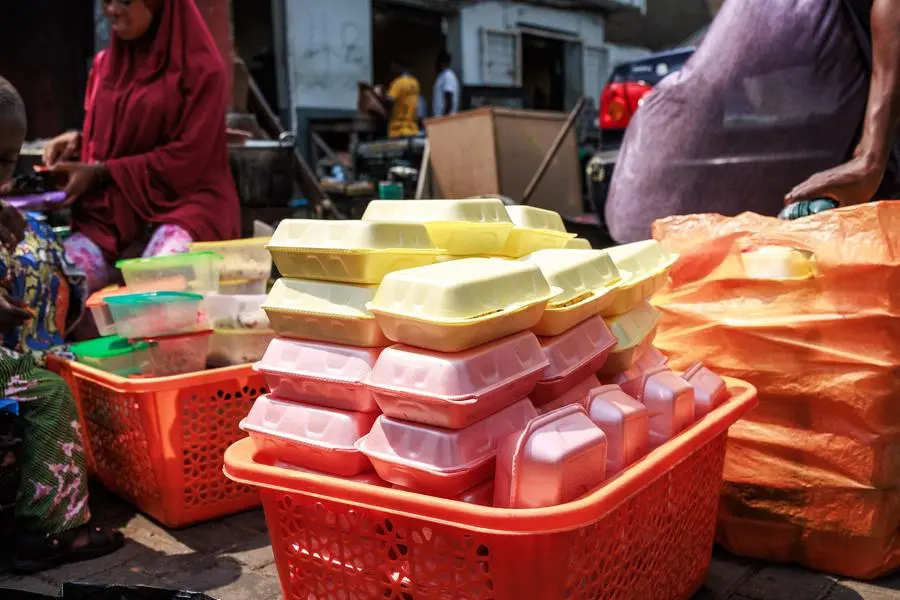PHOTO
Concerned about alarming data from the National Bureau of Statistics revealing that more than 13 million individuals in Akwa Ibom, Cross River, and Rivers states are experiencing various forms of poverty, the Cross River government has launched initiatives to proactively address food insecurity.
During a press briefing, Mr. Johnson A. Ebokpo, the Commissioner for Agriculture and Irrigation Development, highlighted the significant impact agriculture has on boosting the state’s economy and enhancing the well-being of its residents.
Ebokpo cited data from the Multidimensional Poverty Index report by StatiSense, based on figures from the National Bureau of Statistics, which showed that 75.4% of the population in Cross River State is experiencing multidimensional poverty.
He emphasized the importance of implementing strong agricultural policies and programs to help uplift citizens from poverty and into economic stability.
Unveiling the government’s ambitious plans for transitioning to Commercial Agricultural Development, he stated that the government has procured 108 medium-sized 30hp tractors to be distributed across the 18 LGAs. These tractors will be owned by cooperatives made up of 10 youths from each LGA, creating 1,080 direct jobs and 2,160 indirect jobs in areas like transportation and maintenance.
According to him, the state government has commenced the first phase of land clearing, amounting to about 12,000 hectares, for the commercial production of grains such as maize, cassava, rice, sorghum, cowpea, and wheat. This includes the establishment of a N30 billion Commercial Agricultural Credit Guarantee Scheme known as ‘PROJECT GROW,’ which will serve as collateral to unlock lending facilities from financial institutions.
Ebokpo explained that the N30 billion fund is aimed at helping farmers access loans to improve agricultural activities and achieve food sufficiency in the state. The fund will be managed by a group of banks and backed by the state government.
In line with its commitment to sustainable development, the state has launched an agroforestry initiative to cultivate 750,000 seedlings of Irvingia gabonensis, also known as bush mango, for distribution to farmers. Additionally, the state is implementing various community development projects, such as building farm roads, setting up mini-processing facilities, and installing solar-powered boreholes.
He revealed that the state government has established partnerships with major private companies like Flour Mills Plc and Barry Callebaut for significant agricultural projects under Public-Private Partnerships (PPP). These collaborations aim to enhance the state’s production of wheat, rice, and cocoa.
The Commissioner assured that the government is committed to helping farmers transition from subsistence to commercial farming and enhancing the agricultural value chain in the state.
Copyright © 2022 Nigerian Tribune Provided by SyndiGate Media Inc. (Syndigate.info).




















